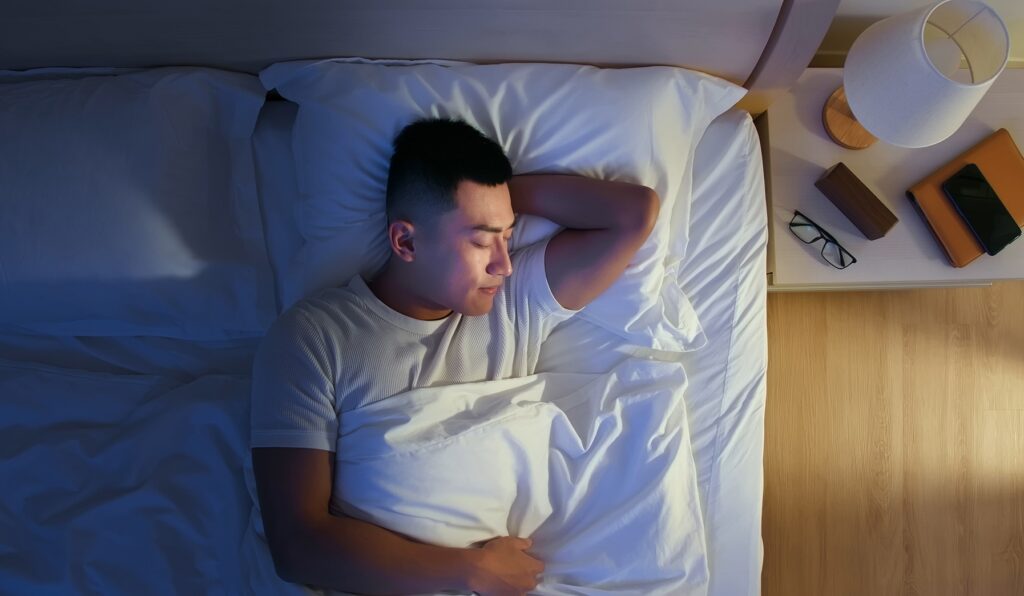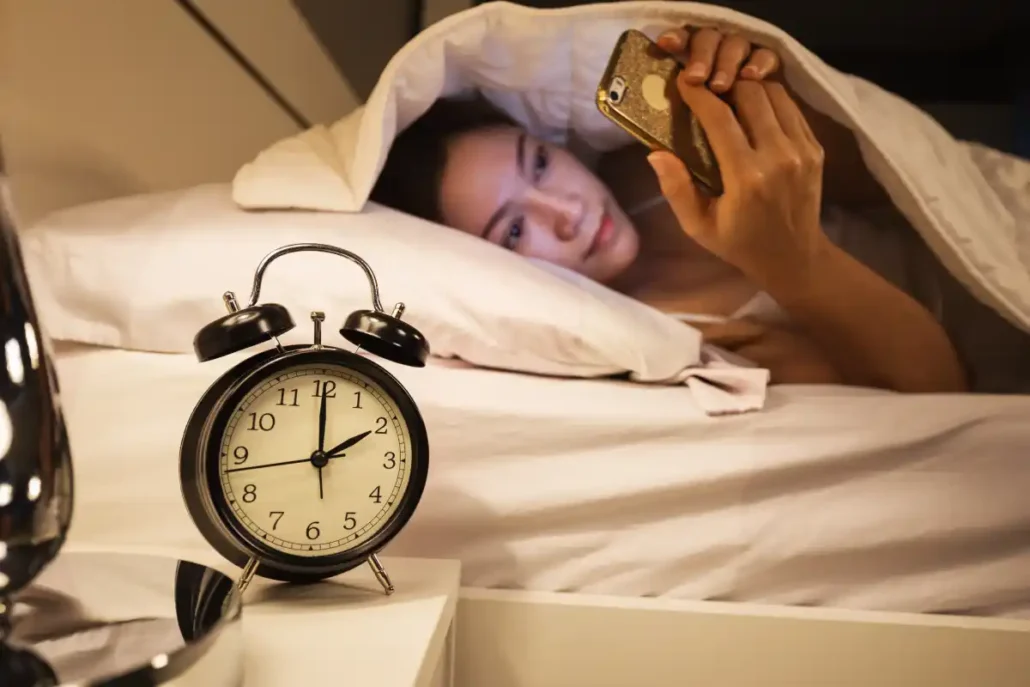
There’s a lot of talk about immunity lately – and we mean a lot! Are you getting enough vitamin D? Are you too stressed? How about exercising? Does it matter? How do we achieve herd immunity? Well, the BSC has the solution, and if you are working from home, then you’re likely already in your pj’s and prepared for the number one way to boost your immunity. Here’s a hint: It’s sleep.
A Firm Foundation
Sleep is not just a part of a healthy lifestyle – it’s the foundation. And sleep is where we begin building a stronger immune system (let’s call it preventative medicine). Better sleep is not only linked to immunity, but to lower body weight, improved mental and physical health, and a lower risk of chronic disease. It’s the perfect prescription for good health.
Good for the Body. And Antibodies.
During sleep, your immune system releases proteins called cytokines. Not only do they help promote sleep, but cytokines are important for controlling the growth and activity of cells in your immune system.
Certain cytokines need to increase when you have an infection or inflammation, or when you’re under stress. This is because cytokines are responsible for facilitating the communication between cells in your immune system and regulating immune system responses needed to eliminate infections. Sleep deprivation may decrease production of these protective cytokines. In addition, infection-fighting antibodies and cells are reduced during periods when you don’t get enough sleep.
“When you get a virus or infection, your immune system kicks into high gear,” said Ellen Wermter, board-certified nurse practitioner. “If you’ve had exposure to a virus before, then your immune system will recognize it quickly and will often be able to fight it off before it replicates to a high enough viral load to make you severely ill. Since COVID-19, for instance, is a novel coronavirus, our immune system is starting from scratch, so to speak. This means we need to keep it as healthy as possible so it can give us the most robust response possible.”
When Counting Sheep Isn’t Cutting It
From working from home, to being your kid’s teacher, to cooking three meals a day, we’re all finding ourselves more stressed during the pandemic. It’s safe to say we need sleep now more than ever, so what helps?
“Try to process emotions during the day and take care of your physical and mental health,” Wermter suggests. “It’s normal to experience sleep deprivation right now. That’s our survival instinct kicking in, trying to run every scenario to solve this problem. But don’t make temporary poor sleep an additional source of anxiety. Instead, do your best to make a nightly sleep appointment for seven to eight hours of stress-reducing, immunity-boosting sleep.”
Get the Sleep You Need
Looking for more suggestions to get better sleep? Here are some ways to train your body to get restful sleep and boost your immune system:
- Create a comfortable room: Adjust your room so it’s dark, quiet, cool and cozy for sleep. The temperature should be between 65 and 67 degrees for comfortable sleeping. Prepare your bedroom for sleep with room-darkening blinds.
- Establish a consistent nighttime routine: Get yourself into a routine you can do every night before bed that evokes relaxation. Consider turning on gentle music, fluffing your pillows and reading a book. Try going to bed at the same time and getting up at the same time (even on the weekends). It should lull your body into the habit of regular sleep.
- Monitor alcohol and caffeine intake: Avoid caffeine in the late afternoon/evening and alcohol near bedtime, since both stay longer in your system than you think and can disrupt sleep.
- Don’t forget to hydrate and eat right: In addition to your immune system getting a huge boost from rest, staying hydrated throughout the day and eating a healthy diet also support your immune system. Be sure to eat dinner 2 to 3 hours before going to bed for optimal digestion.
- Limit your blue light exposure: Try not to use LEDs or other forms of blue light at least an hour before bed, and turn your other electronics to “night mode” before you hit the pillow.
- Welcome natural light during the day: While a dark bedroom is conducive for sleeping, exposure to natural light while you’re awake boosts your mood, increases levels of alertness, and helps regulate your circadian rhythm.
Sources:
- https://www.mayoclinic.org/diseases-conditions/insomnia/expert-answers/lack-of-sleep/faq-20057757
- http://sleepeducation.org/news/2021/01/25/healthy-sleep-and-immune-response-to-covid-19-vaccination
- https://www.webmd.com/cold-and-flu/cold-guide/10-immune-system-busters-boosters#2
- https://www.ncbi.nlm.nih.gov/pmc/articles/PMC1770160/
This blog provides general information about sleep and sleep products. The words and other content provided in this blog, and in any linked materials, are not intended to replace a one-on-one relationship with a qualified heath care professional. This blog should not be construed as medical advice or used to diagnose, treat, prevent or cure any disease or condition. If the reader or any other person has a medical concern, he or she should consult with an appropriately-licensed physician or other health care professional. This blog is not a substitute for professional medical advice, diagnosis or treatment, and should not be relied upon to make decisions about your health or the health of others. Never disregard professional medical advice or delay in seeking it because of something you have read on this blog or elsewhere on bettersleep.org. If you think you may have a medical emergency, immediately call your doctor or dial 911.



